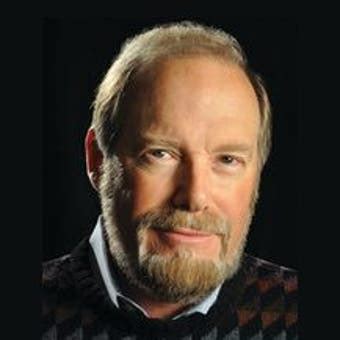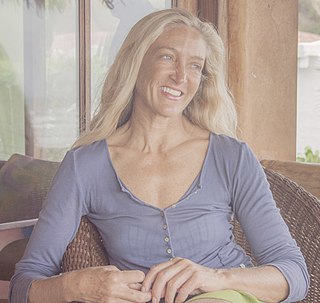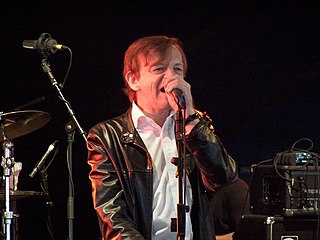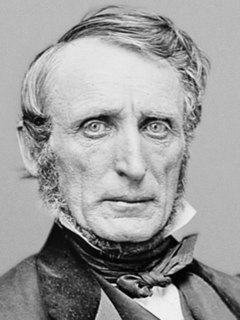A Quote by Margaret Atwood
The objects I chose were designed to hold something, but I didn't fill them up. They remained empty. They were little symbolic shrines to thirst.
Related Quotes
In China, I witnessed forced abortions and forced sterilizations performed on women who were told that the children they were carrying were 'illegal'. I went with them when they were arrested and remained with them as they were subjected to mind-bending psychological torture. And I accompanied them as they went in tears to the local clinic to have their pregnancies aborted.
I look to everyday magic in art to remember how to live: how to estrange and vivify ordinary objects and beings. So little, really, is ordinary, but to remember this I need the brain chemical of painting and film and reading I had a thrummy doomed oracular feeling when I wrote blackened baby teeth into my little blind boy story: I saw teeth and in an instant they were becoming something else. They were buckshot. They were food. They were tiny flightless corvids.
If we were built, what were we built for? ... Why do we have this amazing collection of sinews, senses, and sensibilities? Were we really designed in order to recline on the couch, extending our wrists perpendicular to the floor so we can flick through the television's offerings? Were we really designed in order to shop some more so the economy can grow some more? Or were we designed to experience the great epiphanies that come from contact with each other and with the natural world?
In the field of astronomy in the mid-'60s, quasars were very sexy objects - gigantic, star-like masses about which little was known. I was a graduate research student at Cambridge working towards my Ph.D. and chose quasars as the subject for my thesis. Part of my project involved surveying the sky for them using a radio telescope.
As a sick kid, I always looked out the window. The objects of my observation were the sun, the seasons, the wind, crazy people, and my grandfather's death. During my long period of observation, I felt that something like poems were filling up my body. They were in some kind of state and condition that made them difficult to render into words. As a university student, I tried hard to write them in Korean. It was at that time that I foresaw my death and the world's death. I think my poems started at that time.
We were playing a festival in Dublin the other week. There was this other group, like, warming up in the next sort of chalet, and they were terrible. I said, 'Shut them cunts up!' And they were still warming up, so I threw a bottle at them. The bands said, 'That's the Sons of Mumford' or something. 'They're number five in charts!' I just thought they were a load of retarded Irish folk singers.
It's only when movement becomes the most natural state in our lives that we can finally begin to enjoy the motion. And it's only when standing still becomes impossible that we can finally embrace the kinds of changes that are inevitable in our lives.
We were not designed to stand still. If we were, we'd have at least three legs. We were designed to move. Our bodies are bodies that have walked across vast continents. Our bodies are bodies that have carried objects of art and war over great distances. We are no less mobile than our ancestors. We are athletes. We are warriors. We are human.
You know, when I made a series of overtures to the Republicans, going over to meet with both Republican caucuses, you know, putting three Republicans in my cabinet -- something that is unprecedented -- making sure that they were invited here to the White House to talk about the economic recovery plan, all those were not designed simply to get some short-term votes. They were designed to try to build up some trust over time. And I think that, as I continue to make these overtures, over time, hopefully that will be reciprocated.
In fact, though their acquaintance had been so short, they had guessed, as always happens between lovers, everything of any importance about each other in two seconds at the utmost, and it now remained only to fill in such unimportant details as what they were called; where they lived; and whether they were beggars or people of substance.






































